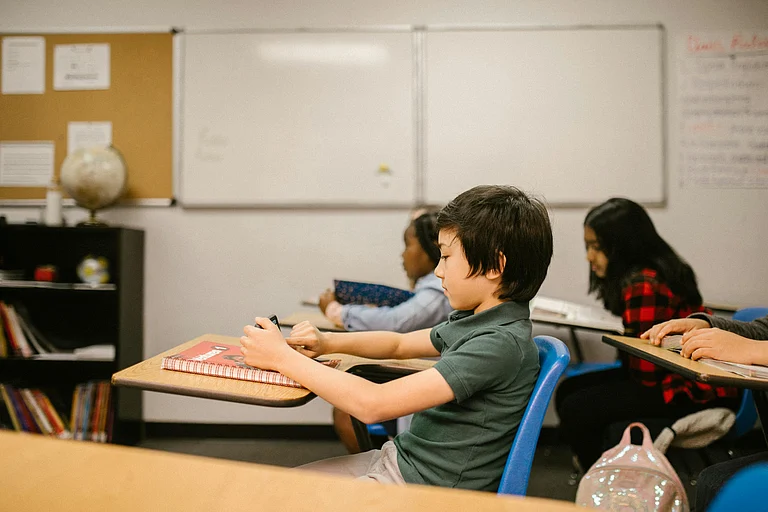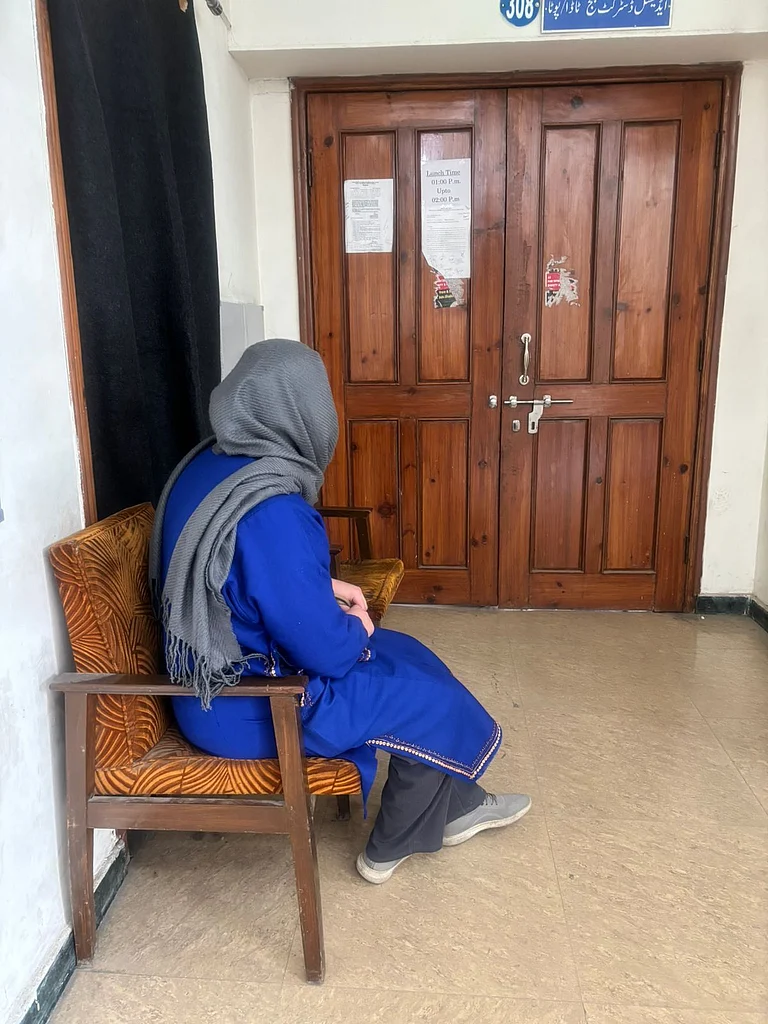Melanie Hempe, founder of ScreenStrong and a registered nurse, strongly opposes the idea of introducing smartphones to children as early as eighth grade. In a recent interview with Fox News Digital, she emphasised, "There could not possibly be a worse time for social media exposure in a child's life." Citing concerns about brain development and mental health, she argued that the risks of early smartphone use outweigh any potential benefits.
Hempe highlighted several reasons behind her stance. She pointed out that the brain's frontal cortex, responsible for judgement and decision-making, is still developing in eighth graders. This developmental mismatch, she warns, makes children more susceptible to risky behaviours facilitated by unrestricted smartphone use.
Moreover, Hempe expressed worries about the content children encounter online. "By eighth grade, they are searching for content that is more provocative," she explained. "They may be exposed to harmful material, which can significantly impact their mental and emotional well-being during this vulnerable stage of development."
Data from the Centers for Disease Control and Prevention (CDC) underscores these concerns, revealing a disturbing rise in adolescent suicide rates. Suicide is now the third leading cause of death among high school students, with younger adolescents showing higher rates of suicidal ideation than their older peers.
In response to Hempe's criticisms, proponents of the "Wait Until 8th" pledge, such as Brooke Shannon, founder of Wait Until Eighth, argue that delaying smartphone access can shield children from the distractions and dangers associated with early social media exposure. Shannon emphasised that the pledge is not a mandate but a community-driven initiative to empower parents to make informed decisions about their children's digital habits.
Despite differing views, both sides agree on the need for parental education and community support. Hempe advocates for resources like ScreenStrong's "Kids' Brains and Screens" course to help families navigate the complexities of raising children in a digital age. She urges parents to prioritise their children's mental and emotional well-being over societal pressures to introduce smartphones at a young age.
As the debate continues, Hempe remains steadfast in her belief that delaying smartphone access until high school could significantly benefit adolescents. "We have to hit the pause button," she urged. "Giving kids more time without smartphones can offer them a better chance to develop mentally, physically, and emotionally."





























